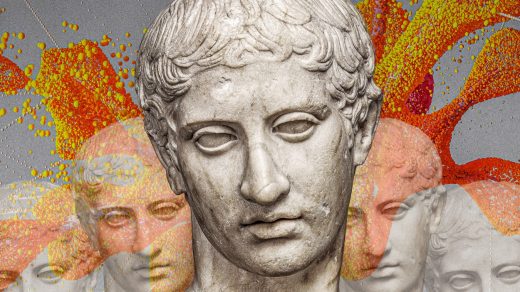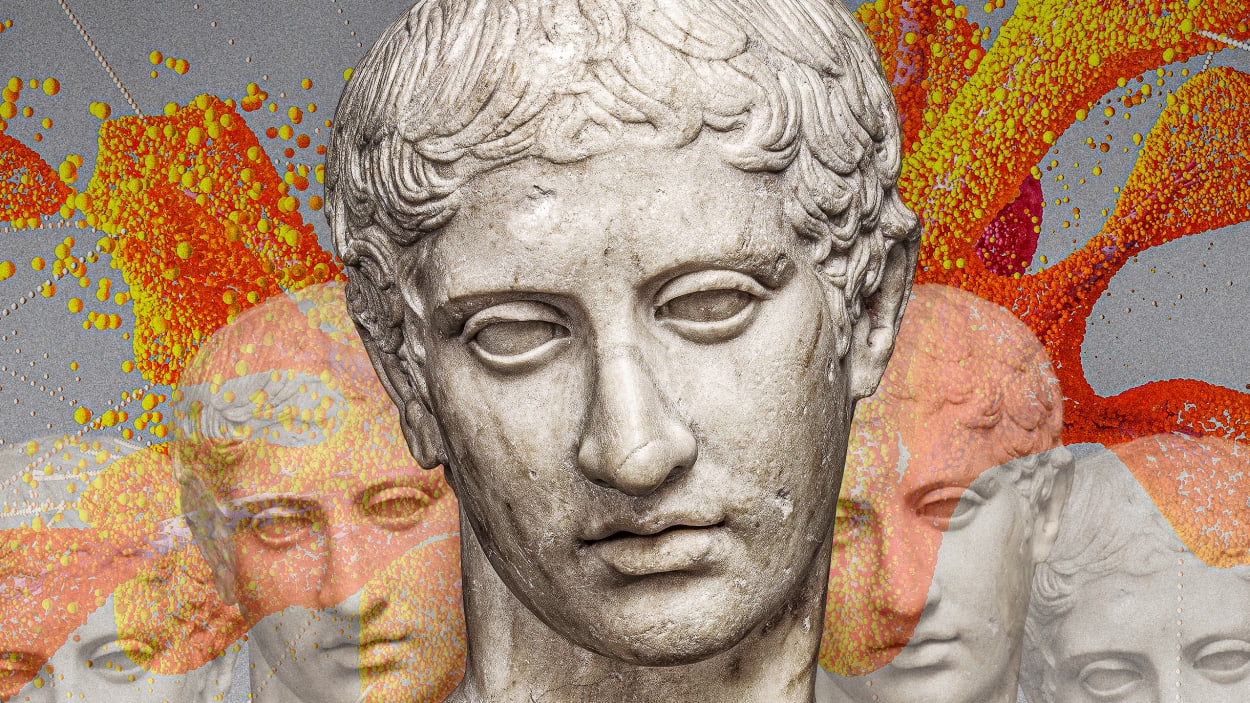AI art is nearing a Renaissance, but ‘algorithm aversion’ could turn off human skeptics
A writer sulks, stumped
Then computers take control
Blink! The job is done
This haiku—a traditional Japanese poem composed of five syllables, followed by seven, then five again—was written by a human (me). But, what if it wasn’t?
In the 21st century, the chasm between what’s creatively possible for humans (with free-thinking minds that stretch and morph infinitely) versus what’s possible for machines (which once only knew what was programmed by human hands) is narrowing at lightning speed. Now, that convergence is thrown into stark relief by a study out of Kyoto, Japan, which compared the artistry of haikus crafted by master poets to those scrawled by artificial intelligence—and found no difference in perception.
However, it did find that humans are wont to dismiss art generated by AI, in phenomenal behavior dubbed “algorithm aversion.”
In the study, humans rated haikus on their beauty and wit, unaware of whether they were written by humans or generated by a computer. (Their ignorance was purposefully orchestrated, of course.) In total, 385 participants reviewed 80 poems, half of which were written by professional poets and half of which were written by AI. Of the 40 AI-generated poems, half were independent of human intervention—dubbed “human out of the loop”—and half involved supervision from humans who had the power to tweak algorithms in a feedback system, or “human in the loop.”
As it turned out, the magic of human touch seemed to be a myth, indiscernible to most. “It was interesting that the evaluators found it challenging to distinguish between the haiku penned by humans and those generated by AI,” said Yoshiyuki Ueda, a professor at the Kyoto University Institute for the Future of Human and Society and lead author of the study. The verses written purely by humans received similar scores to those written solely by algorithms.
Notably, the crops of poems that won the most praise for their beauty were produced by AIs and humans together, with readers calling the haikus “inspiring,” “aesthetic,” and “fascinating.” According to Ueda, this could mean a Renaissance of blossoming creativity if humans collaborate with AI, using it to take art to new realms.
But that dream faces a harsh reality.
Computers are widely revered for their exacting calculations—their human-crushing prowess at crunching numbers and raw data, analyzing millions, even billions of theoretical outcomes in the blink of an eye—which has launched them into the frontiers of fields like science and mathematics. But in the lofty world of fine arts, many still scoff that algorithms could never summit the imaginative peaks of the human brain.
Even as astonishing AIs such as OpenAI’s DALL-E 2 have generated mesmerizing works of art that recall the brush strokes of classic painters like Van Gogh, Monet, and Picasso, the emotion behind those works feels murkier, hidden by shades of gray. And their reception among humans has been tinged with a persistent unease. In 2018, when an AI-generated piece sold for a record-setting $432,500 at Christie’s auction house, people were flabbergasted.
It’s illustrative of algorithm aversion, a negative bias harbored by humans, which also seeped its way into Ueda’s study. In their reviews, participants were asked to mark whether they believed each poem to be written by a human or a computer. A pattern emerged: Participants were more critical of those thought to be AI-generated. “[Readers] were supposed to be unbiased but instead became influenced by a kind of reverse psychology,” said Ueda. “In other words, they tended to unconsciously give lower scores.”
Regardless, the AIs of Ueda’s study seemed to pass the Turing test, a famous measure of a machine’s capacity to mimic human behavior, named for British mathematician Alan Turing. But despite their flying colors, it’s worth noting that haikus are the world’s shortest form of poetry—which, for an AI trying to fool a human, might downscale the canvas where errors can show through.
Even so, the AIs’ command of the technical aspects of haikus, and ability to weave a consistent theme with just a few sparse syllables, is a feat to behold. What could be on the horizon? If we welcome it, we will find out.
(36)



